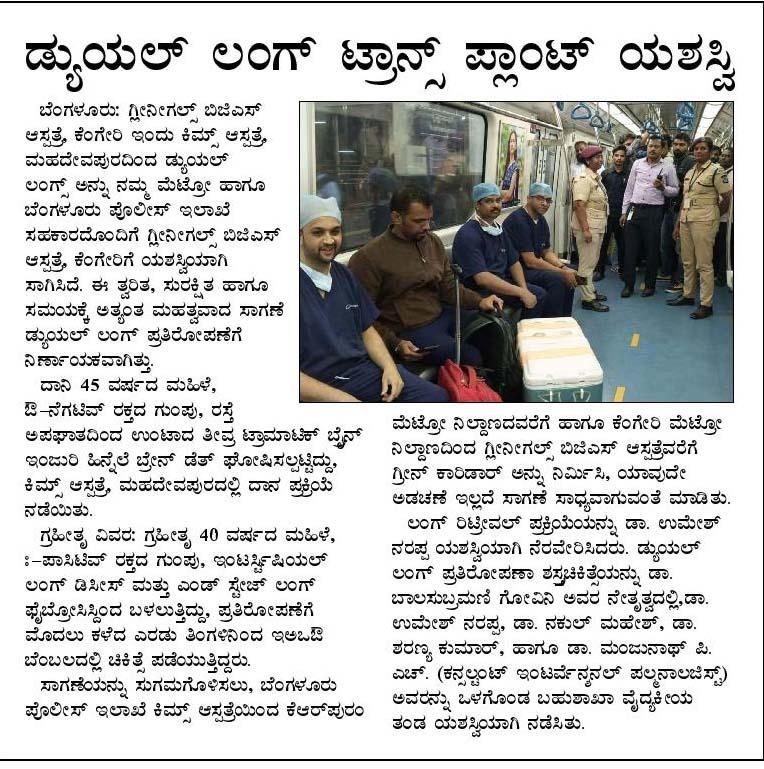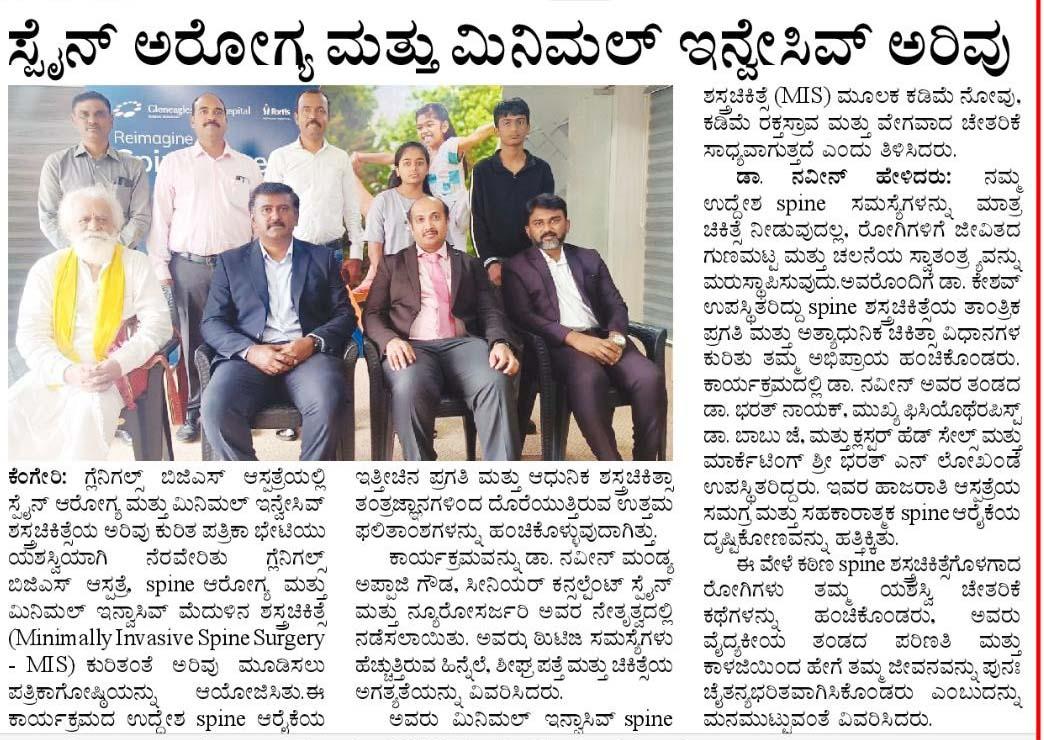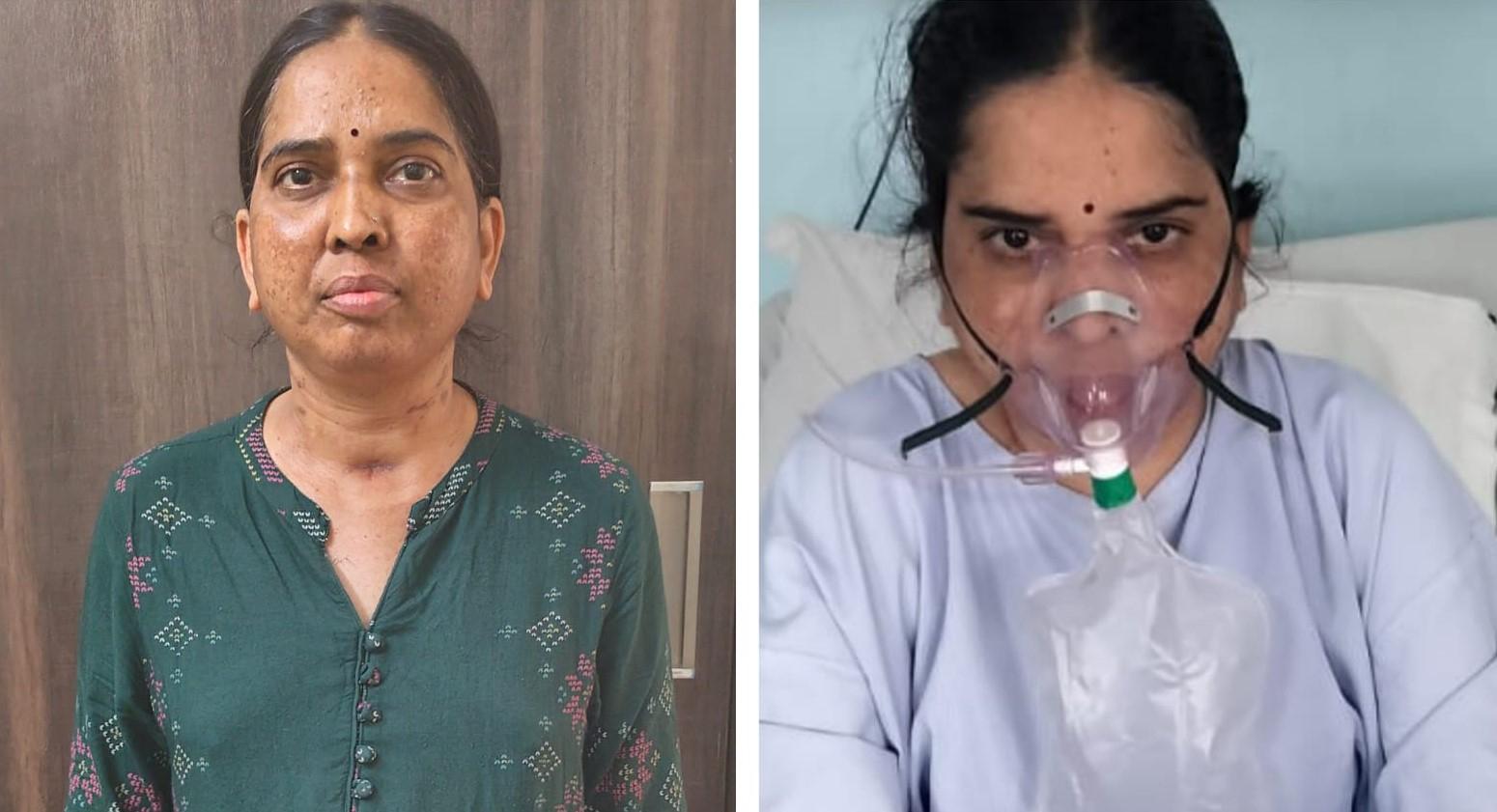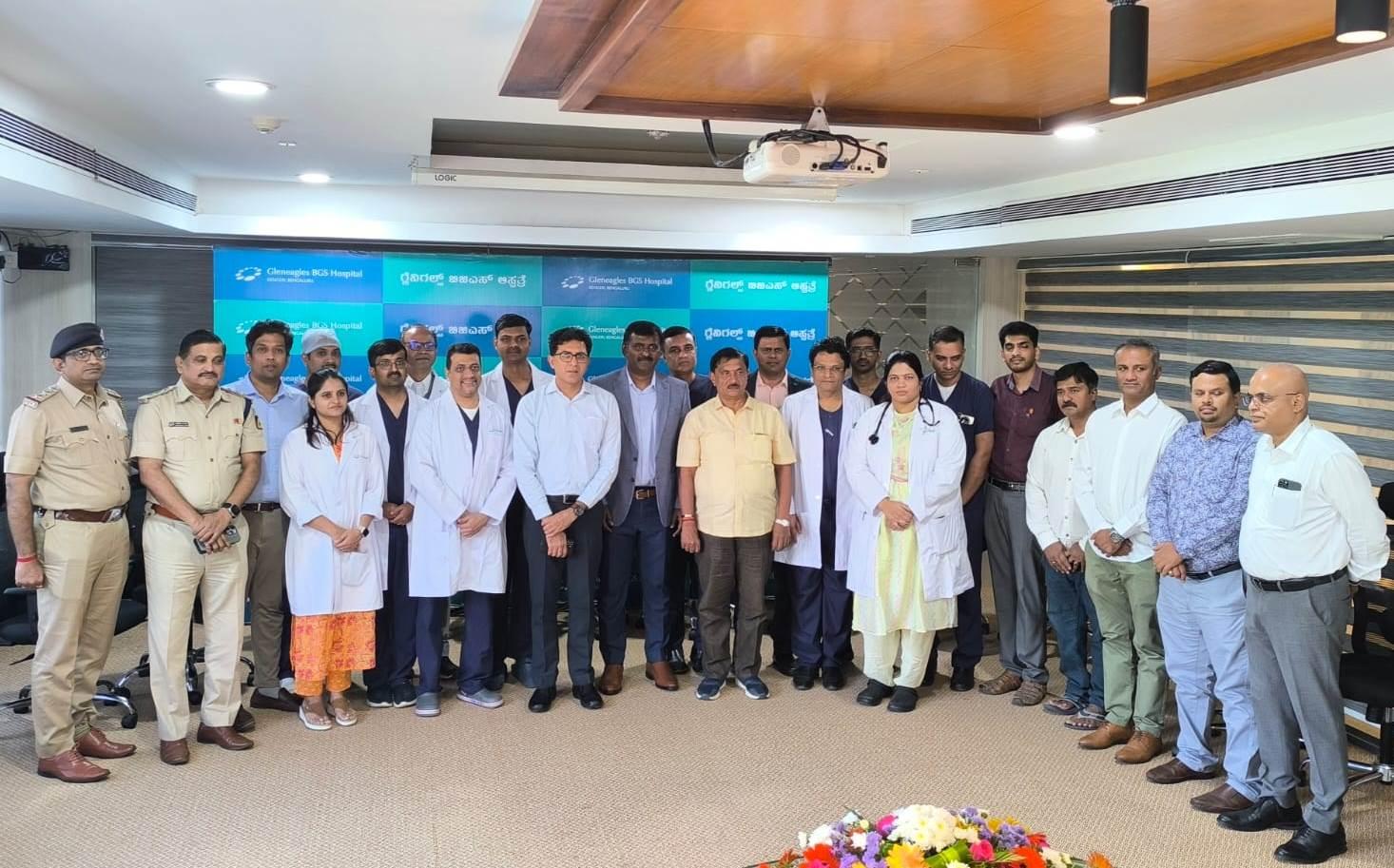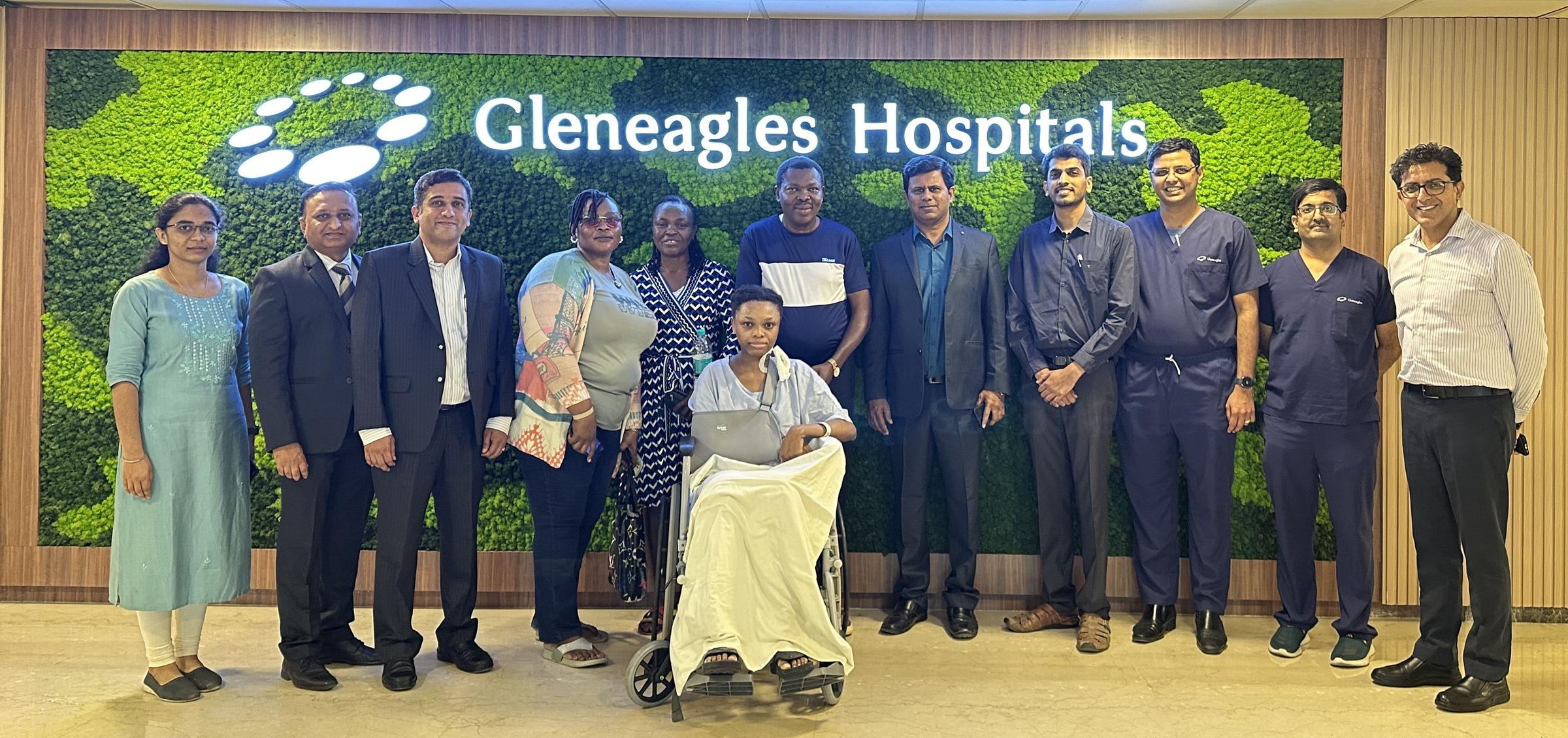Why Family Medicine is Essential
Family medicine has remained one of the essential forms of healthcare. Indeed, this field not only treats people who are sick but also increases immunisation, boosts birth rates, manages epidemics, reduces medical costs, and builds stronger communities. Family doctors are long-term providers who provide regular medical attention as well as emergency care. The following explains the need for family medicine:
- Personalised Care: The family doctor delivers personalised treatment with accurate diagnosis after having an in-depth understanding of lifestyle, preferences, and medical and family history. In addition to fostering trust, this link ensures seamless care continuity throughout time.
- Preventive Care: Family doctors are the first line of defence against a variety of conditions. To prevent seasonal illness and identify some life-threatening conditions in their early stages, they send patients to the appropriate screening tests, blood tests, immunisations, and lifestyle modifications.
- Coordinated Care: Patients will get primary care from a family doctor who consults with therapists, dieticians, and specialists. In perfect coordination, conditions identified during regular checkups can be sent to the appropriate specialised treatment.
- Broad Expertise: From newborns to elderly patients, the doctor treats a variety of medical problems under family care, including mental health issues, long-term conditions, and even lifestyle management. Paediatrics, geriatrics, neurology, orthopaedics, and other specialities are among the many specialities of family care doctors.
The Family Medicine department at Gleneagles Hospitals exemplifies these values by offering individualised treatment that is tailored to the requirements of both the patient and the family. Our team of committed specialists is here to assist you with routine health examinations, long-term medical treatment, or advice on leading a healthy lifestyle.


















